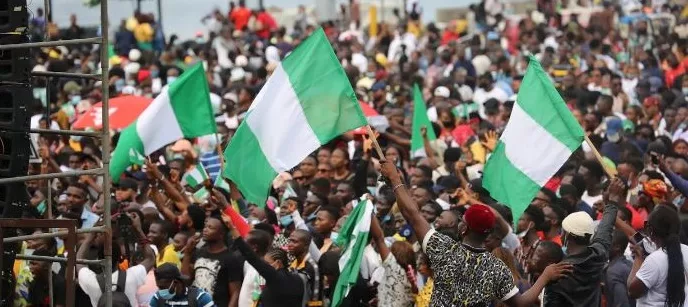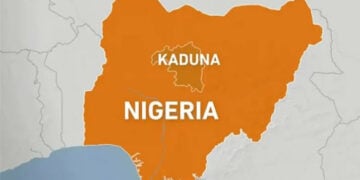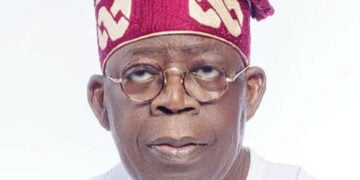Youth development advocate, Comrade Charles Dagana, has advocated for youths’ support in politics as the nation prepares for another political transition
Dagana, an Edo Youth Ambassador, said that preparing the younger generation for political participation through education, sensitisation, and youth-friendly policy formation was imperative.
“As the nation gradually moves toward the 2027 general elections, one crucial issue that must be addressed with sincerity and seriousness is the urgent need to support young people for elective positions. Any society’s future depends on its youth’s vibrancy, creativity, and energy.
“If we desire a Nigeria that is progressive, innovative, and responsive to the needs of its citizens, then empowering the younger generation politically is not optional; it is necessary”, says Comrade Dagana.
The youth advocate who has empowered hundreds of youths and is passionate about harnessing their potential believes the government and institutions need to do more to address youth problems and encourage youth participation in politics. This will tackle voter apathy across demographics.
Dagana also urged the youths to rise to the occasion by building credibility, uniting across divides, and demonstrating competence, saying, Leadership is not demanded; it is earned.
“Over the years, youths have played critical roles in the political process. From grassroots mobilisation to campaign strategies, from social media engagement to policy advocacy, young Nigerians have consistently shown capacity and passion for leadership. However, when it comes to actually contesting and occupying elective offices, they are often sidelined, either by lack of resources, systemic exclusion, or the dominance of older political actors who are reluctant to relinquish power. This cycle must be broken in 2027.’’
“Supporting youths in politics is not just about inclusion; it is about tapping into fresh ideas and innovative problem-solving approaches that older politicians may no longer possess. Today’s challenges, ranging from unemployment, insecurity, digital transformation, to climate change, require leaders who understand a new generation’s global context and aspirations. Young leaders are better positioned to bridge this gap”.









